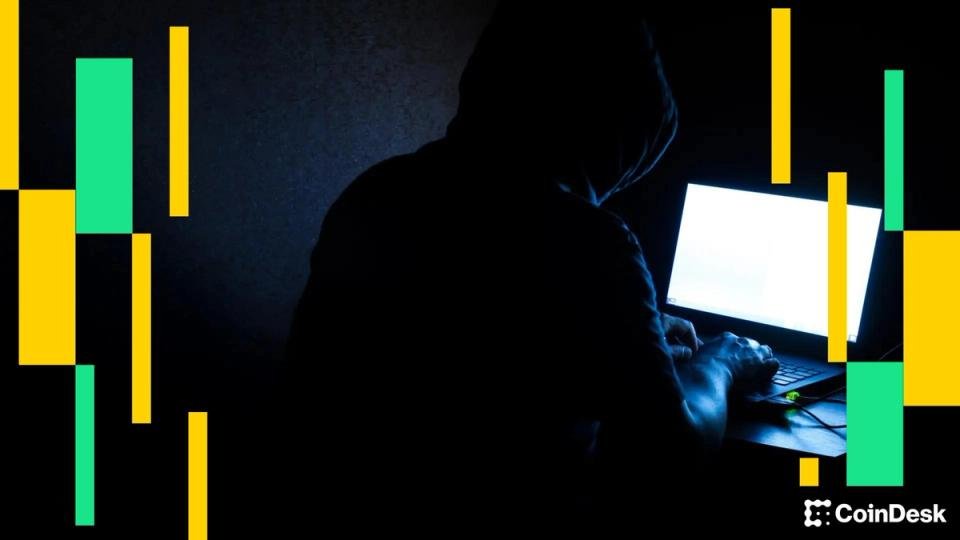Crypto Crash Claims Hackers Too: The $13.4 Million Mistake
In recent days, the cryptocurrency market experienced a seismic crash, impacting not only investors but also cybercriminals who found themselves on the losing side of a $13.4 million blunder. According to blockchain tracker Lookonchain, about six wallets associated with known hackers lost millions while attempting to sell ether (ETH) amid panic. This incident underscores not just the volatility of cryptocurrency but also the missteps that even seasoned hackers can make in turbulent market conditions.
Panic Selling by Hackers
The cryptocurrency market’s shake-up initiated when one wallet liquidated 7,816 ETH at a price of $3,728 during the peak of the crash. As panic spread through the market, five additional wallets followed suit, collectively exacerbating the downturn. Surprisingly, these hackers did not convert their assets into stablecoins or try to launder their stolen ETH; instead, they re-purchased the same amount at a higher price of $4,159 when the market began to rebound. An analysis conducted by Lookonchain reports that these poorly timed trades resulted in a staggering loss of $13.4 million by October 18.
Who are the Cybercriminals?
The hackers involved in this debacle seem to be part of a well-organized group known for exploiting vulnerabilities within decentralized finance (DeFi) protocols and exchanges. Dealing with significant sums, such as nearly $29 million in a single transaction, these actors possess a level of sophistication that warrants attention. However, their trading actions reveal a startling mix of experience in hacking alongside emotions typical of an inexperienced trader—reacting to market volatility without a clear strategy.
Emotional Decision-Making
Lookonchain labeled the hackers’ trading activity as “panic selling,” with some in the crypto community humorously suggesting they are “great hackers but terrible traders.” This sentiment reflects a growing awareness that even those skilled in illicit activities are not immune to emotional decision-making, especially during dramatic shifts in market conditions. Their reactions resemble those of over-leveraged traders who succumb to fear and act recklessly—often leading to greater losses.
The Ethics of Stolen Funds
Interestingly, it is essential to consider the nature of the assets these hackers were dealing with. Analysts believe much of the Ethereum involved originated from previous hacking exploits. Therefore, even though they have incurred significant losses, the reality is that the funds were not “earned” in traditional terms; they were part of earlier thefts. In essence, it’s akin to someone finding a suitcase full of cash, mismanaging it through poor trading decisions, and returning empty-handed—not out-of-pocket, as they never rightfully owned the money.
Strategies Amidst the Chaos
The hackers’ blunders raise another possibility: they may have been attempting to launder their ill-gotten gains by strategically selling off compromised assets during the panic to later buy back “clean” funds. This behavior highlights the complexity of trading strategies in the crypto realm—a space where legitimate and illegitimate actors often find themselves playing by the same rules. While some participants are losing, others may be gaining by exploiting those market movements.
Conclusion: A Lesson for All Traders
The crash of last week serves as a reminder that the cryptocurrency market is volatile and unpredictable, with repercussions that can affect anyone involved—whether retail investors, whales, or hackers. This incident illustrates how essential it is for all actors in the crypto space to think critically and manage risk effectively. As we move forward, understanding market psychology and employing disciplined strategies during times of turmoil is vital, even for those operating from the shadows.
Ultimately, the massive lost fortune not only underscores the erratic nature of crypto trading but also hints at a larger lesson: regardless of intent or expertise, no one is immune to musical chairs when the music stops.


